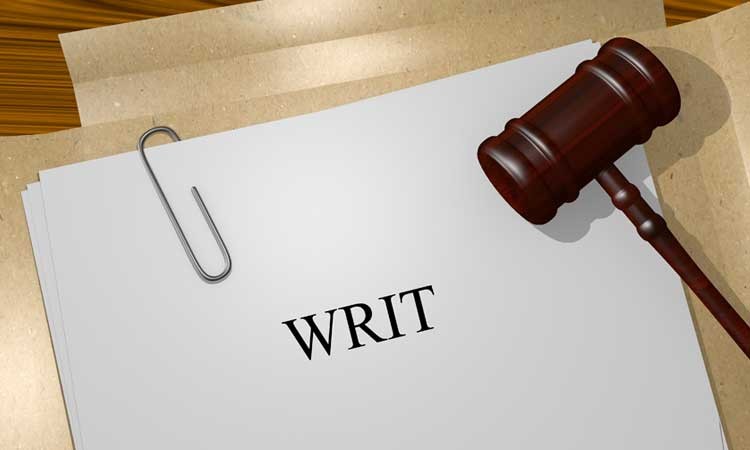Acquisition of the land in question and also the three writ petitions pertain to a common grievance of the petitioners were filed, this was held in
The court dismissed the writ petition against the corrigendum issued by SPSC for amendment of the advertisement printed a month ago. The Hon’ble�
The order of the Assistant Commissioner of Sales Tax party allowing sales tax appeal filed by the Assessee which in turn challenged the assessment
In relation to Section 138 of the Negotiable Instruments Act, 1888 (“Act”) and Section 14 of the Insolvency and Bankruptcy Code, 2016(IBC) allo
The circumstance and the actions attributable to the culpable homicide did not amount to the murder falling within the ambit of Exception 4 to Sect
The writ jurisdiction under Article 226 of the Constitution cannot be invoked to challenge the order passed by NCLT held by the Division Bench of H
The order of the Tribunal wanted that the petitioner should be allowed to sit for the interview process with further relief that one post amongst t
These are the three connected bail applications, which are arising out of the common incident and commission of the offence, which has chanced, on
Registered for the alleged Commission of offence under Section 313, 376(2)(n), 376(3) of IPC and Section 6 of the POSCO Act has applied to S
The petitioner has filed for a petition seeking writ in the nature of Mandamus with regard to the protection of life and liberty of the petitioners




